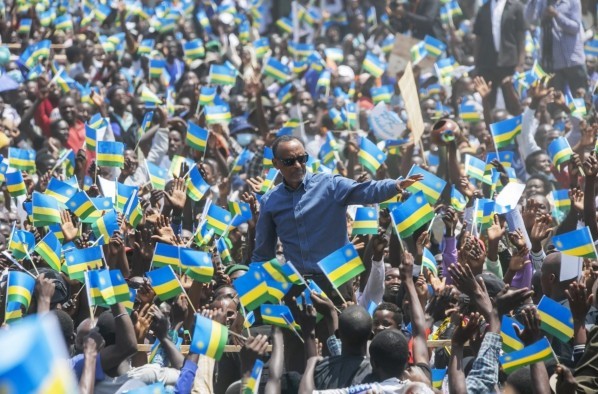Optinion
This is our democracy, not yours
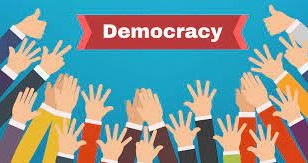
Every
country, including Rwanda, has its own history, challenges and aspirations that
are considered when setting its pattern of democracy.
Therefore,
democracy is not a one size fits all. Every country has the right to choose a
democratic system that suits its own national conditions. History has
repeatedly proven that it is not feasible for Rwanda to copy the political
system of other countries.
But
then, who defines democracy?
The Global North seems to have self-proclaimed
itself as a teacher of democracy for the rest of the world, but theirs is only
arrogance and bullying.
Democracy
comes from the Greek words "demos" meaning people and
"kratos" meaning power. When combined, it can be thought of as
"power of the people,” meaning a way of governing which depends on the
will of the people.
Rwanda
chose consensual over confrontational democracy. The country opted for a
consensual democracy that consists of quest for solutions through dialogue and consent.
The Constitution of Rwanda provides for power sharing and recognizes a
multiparty system.
Related: Democracy the Rwandan way: You don’t have
to be abrasive
Political
organizations provide a platform for Rwandans to exercise the above
constitutional choices with responsibility to promote the principles of
democracy, uphold the unity of Rwandans, the integrity and the security of the
country.
They
are also expected to educate the citizens on engaging in political activities
based on democracy, on expressing the right to vote and to be elected as well
as ensuring equal access for women and men to elective mandates and functions
of the government.
Rwandan
political organizations are obliged to reflect gender equality and complementarity,
whether in the recruitment of members, putting in place organs of leadership
and in their operations and activities.
Each
political organization must have at least 30 percent of posts in decision-making
organs awarded to women.
Related: Why Rwanda subscribes to consensual
democracy
The
Constitution of Rwanda has established the National Consultative Forum of
Political Organizations (NFPO), a platform where political organizations
recognized in Rwanda meet and discuss the country’s problems and national
policies.
The
organization serves as a framework for conflict mediation between political
parties, and for the promotion of the code of conduct which should characterize
the political leadership in Rwanda.
That
is why the country experiences no elections-related violence.
Bad
political leadership that characterized the first and second republics of
Rwanda led to divisionism, discrimination and ethnicization which resulted in
the 1994 Genocide against the Tutsi. Most of the then political parties focused
on ethnicity, with the aim of promoting the Hutu while repressing the Tutsi.
In
the aftermath of the Genocide, Rwandans chose consensual democracy, a model that
underpins three choices which Rwandans have made: unity, accountability and
thinking big. The choices have been the guiding principles of post-genocide
Rwanda.
Today,
we have a multiparty system with no discrimination. All Rwandans stand for
unity, security and fighting genocide ideology, and that is our democracy.
There
are critics of the Rwandan model of democracy who say that it is not vibrant,
that it stifles the opposition, and that the elections are boring because they
do not see confrontation between political parties, as seen in many countries. But,
does violence define real democracy?
Related: Those berating us on democracy, is there no
log in your eye?
The 1994
Genocide against the Tutsi was caused by bad politics.
Rwandans
vowed to leave behind such bad politics and to build a new nation.
Political
organizations decided to embrace mature politics, which could be difficult for
the critics to comprehend because they just hear about Genocide, but have no
clue about its real effect on Rwandan society.



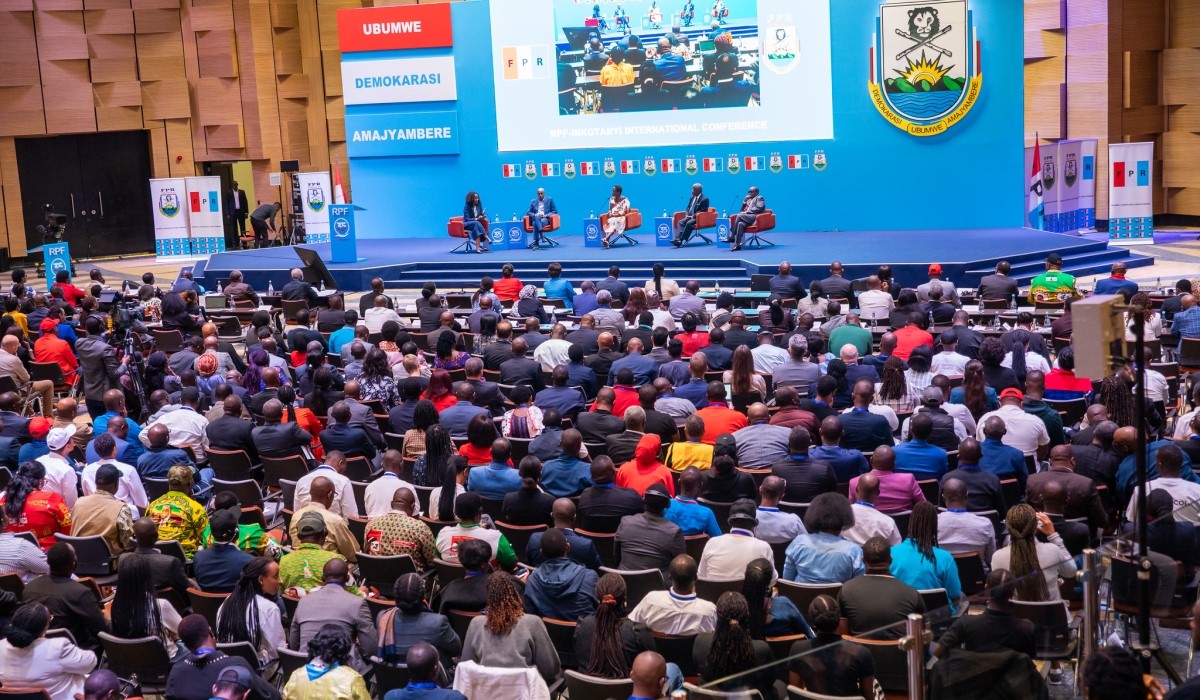
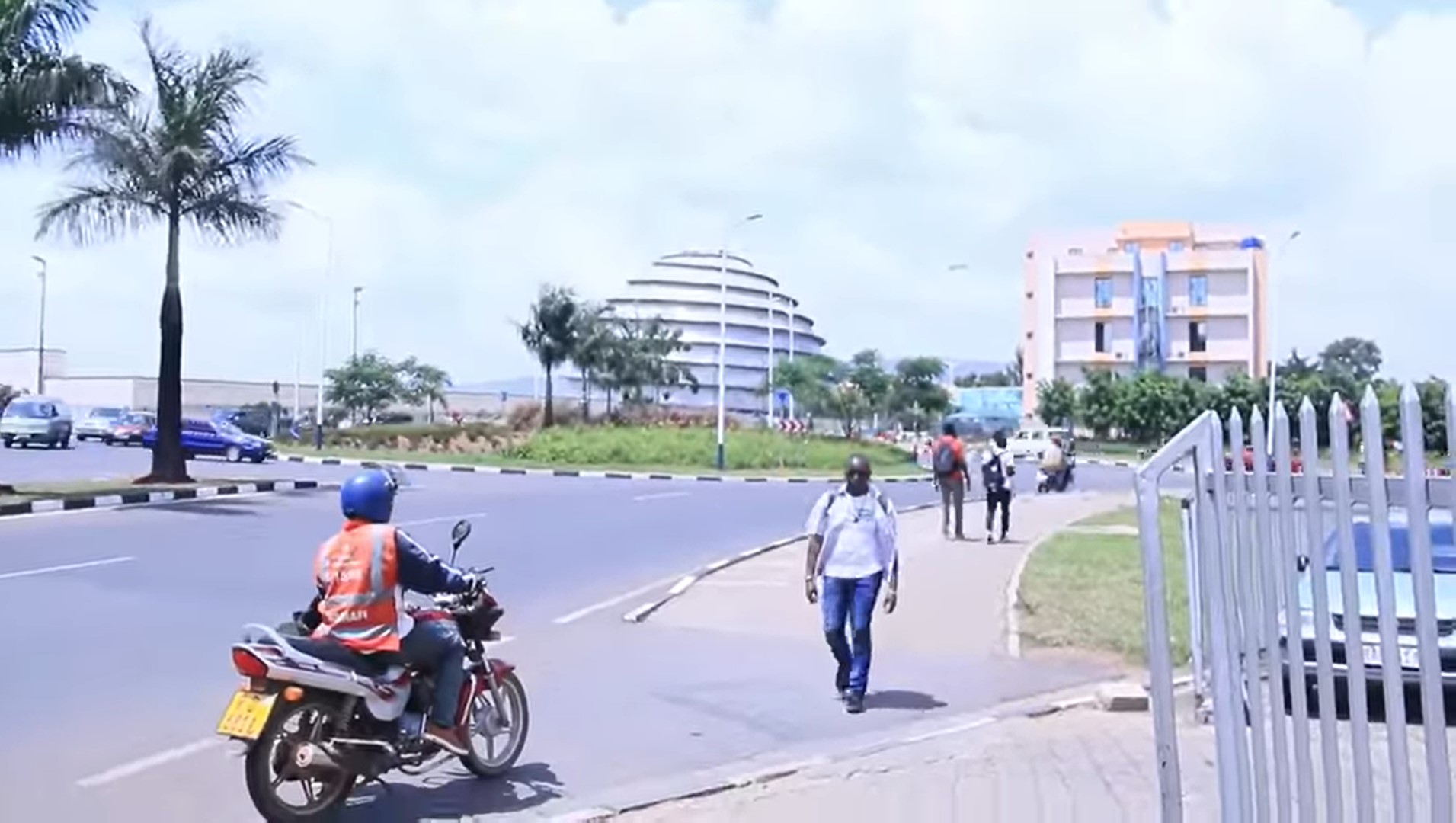
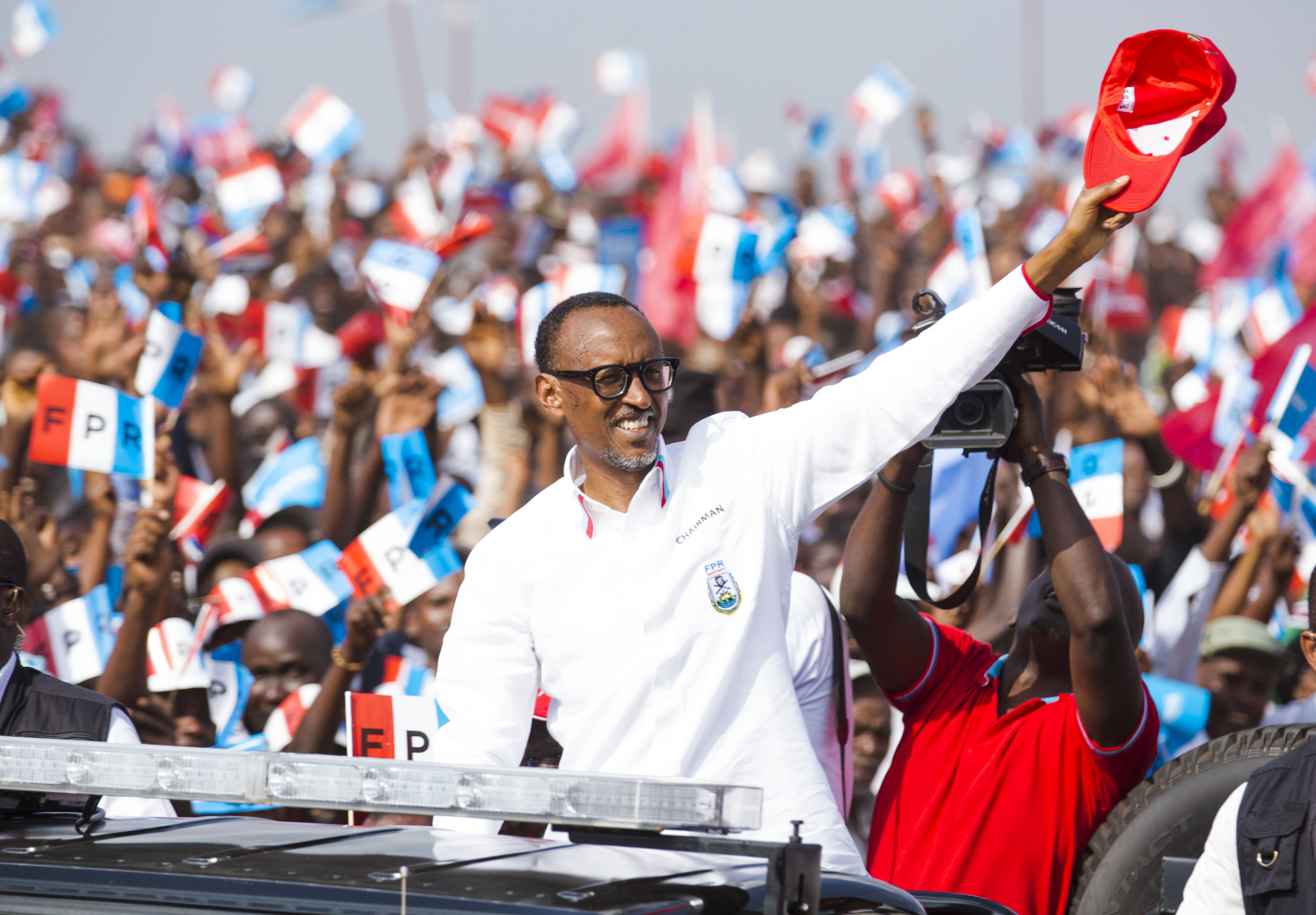
.jpeg-20230315032921000000.jpeg)
